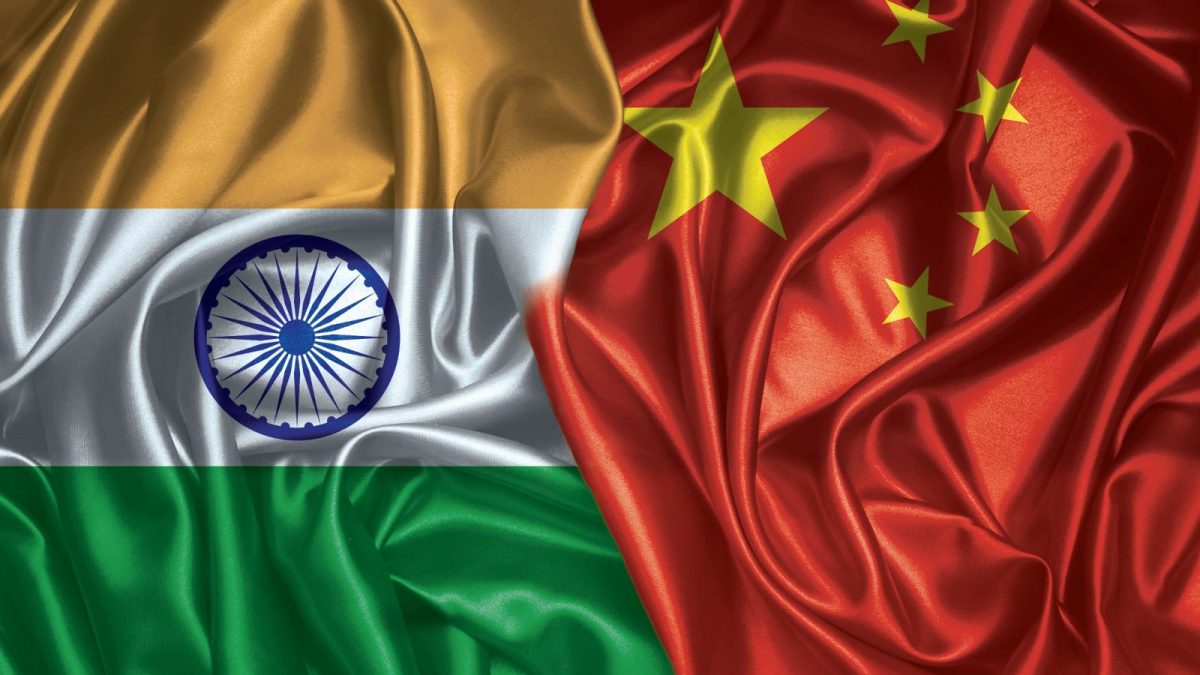Last Updated:
Lieutenant General SPP Thorat’s warnings before the 1962 India-China war are revisited in his autobiography, now updated with new documents and released General Anil Chauhan

Military historians describe Thorat as one of the most respected and visionary officers of his era, whose assessments of China’s intentions proved prophetic.
More than six decades after the India-China war of 1962, the debate over the decisions of that period continues to echo in history and military circles. At the centre of this discussion stands the late Lieutenant General SPP Thorat, the then Commander of the Eastern Command, whose sharp warnings to the nation’s political leadership went unheeded.
Thorat’s autobiography, From Reveille to Retreat – An Autobiography, is once again drawing attention, with a revised edition scheduled for release in Pune next week by Chief of Defence Staff General Anil Chauhan.
Recommended Stories
According to a TOI report, the original work was first published in 1985 and reprinted nearly two decades ago. The new edition, brought out by Hedwig Media House, incorporates previously unpublished documents and photographs while dropping some portions deemed less relevant in the present context. Military historians describe Thorat as one of the most respected and visionary officers of his era, whose assessments of China’s intentions proved prophetic.
A crucial chapter in the book details the fragile situation in the North-Eastern Frontier Agency (NEFA), present-day Arunachal Pradesh. Thorat highlights China’s aggressive manoeuvres, the Centre’s inadequate response, and sharp differences between civilian and military leadership. He notes that the government placed NEFA’s security in the hands of paramilitary forces like the Assam Rifles instead of the regular army, a decision he termed a grave strategic blunder.
Reflecting on this, Thorat wrote, “The more I thought, the more perplexed I became about the government’s inexplicable attitude towards NEFA. The (army) Chief and I broached the subject with the Prime Minister (Jawaharlal Nehru) and the Defence Minister on a number of occasions, but they did not take serious note of our views.”
The autobiography reveals how the then leadership remained convinced that China would never act against India, dismissing any military preparation as “provocative”. After repeated warnings fell on deaf ears, Thorat submitted a detailed written report on October 8, 1959, documenting his concerns for posterity. Ironically, Nehru is said to have read the report only in October 1962, by which time the Indian Army had already suffered a humiliating defeat in NEFA.
Military analyst Major General Ian Cardozo (Retd), who has penned the foreword to the revised edition, noted that Thorat’s unflinching moral courage defined his career. “If he had been made the Chief of the Indian Army, then the humiliation that the country and the Army suffered would perhaps have not happened. Prior to the war… he worked out all the factors that faced the country at that time and evolved a detailed strategy to counter Chinese aims and ambitions; but the government preferred to follow a plan called the ‘Forward Policy’ made by a ‘police officer’ which led, amongst other issues, to our ultimate defeat,” he wrote.
Adding a personal dimension, Thorat’s son, YSP Thorat, has written in the preface that the purpose of the updated edition is to bridge gaps in historical record. The aim of the new edition is to close any loops by bringing together historical documents and evidence, he stated.
September 17, 2025, 12:22 IST
Loading comments…
Read More


